Recently I read the novel Tapestry of Fortunes by Elizabeth Berg. The main character, Cece Ross, is a motivational speaker going through a major life transition after the death of her best friend. I was struck by something Cece shared about herself—so struck that I read it over and over again: “But from the time I was a little kid, I was a loner…it’s not that I’m antisocial; it’s that I care too much, and so I have a lot of fears.”
Wow—she cares too much, so she has a lot of fears. I have never correlated caring with fear before, but as soon as I read it, a light bulb went off. If you care deeply about someone or something, you do tend to worry about that person or animal or thing at some point. Which makes sense—you don’t really worry or have anxiety about things you don’t care about. But if you are prone to worry, then the simple fact of caring can equate to being afraid for that person’s, animal’s or thing’s wellbeing.
OCD can make you afraid to care
My OCD has had its ups and downs. One night many years ago, before I received exposure and response prevention (ERP) therapy, I hit a real low, because I just didn’t see how I was going to continue functioning with OCD running my life. After sitting down on the floor and sobbing, I got up and wrote in a journal about how I isolated, angry, and alone I felt. Cece’s thoughts about caring and fear brought one particular line that I wrote that night back to me: “OCD makes you afraid to love anyone or anything, because the worry that accompanies that love is more of a punishment than a reward.”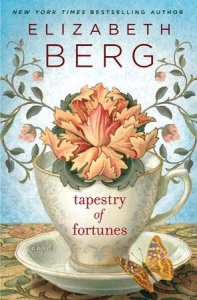
How does OCD do that? For starters, OCD tends to focus on what we care about most. We love our children, so it shows us violent images of what could happen to them. We take pride in our health, and it taunts us with the myriad diseases that can take our health and our lives away. We cherish and need the idea of ourselves as good people, and OCD presents us with possibilities of how we could have harmed others. It gets us wrapped up in all this content simply because we do care.
It also gives us the illusion that through our rituals we can control what happens to the people, animals, and things we care about. That we can protect them. That we can save them. That we can make everything OK. But we really can’t. People get hurt. Bad things happen. And all whether we do our rituals or not. But that’s hard to see that before you geteffective OCD treatment, and we as OCD sufferers keep telling ourselves that we have the power to keep everyone and everything we love safe.
Caring does not have to equal fear
How have I been able to move beyond that night so many years ago when I was afraid to care about anyone ever again? Well, first I got the right treatment for my OCD, exposure and response prevention therapy, and I do my ERP exercises on a regular basis to keep my OCD in check. Second, I work diligently on embracing uncertainty by including the concept of uncertainty and “not knowing” into my exposures. Through embracing uncertainty, I am learning, day by day, how to let go of the illusion of control, which allows me to learn how to care without fear. I also have been working through a program of mindfulness-based stress reduction (MBSR) to learn how to accept life and whatever it brings, even if it affects the people and things I care about. I will be talking more about MBSR in my Aha! Moment from Full Catastrophe Living, coming soon.
In other words, if you have OCD you do not have to be tormented by worries about the important people, pets, or possessions in your life. Caring does not have to equal fear.

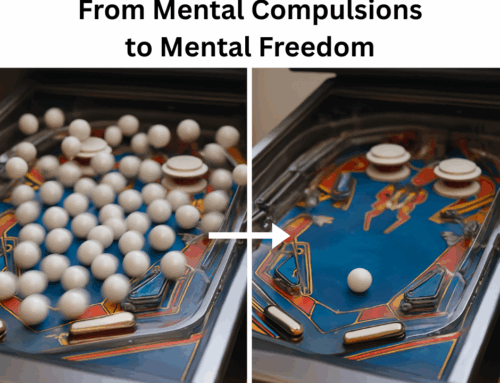

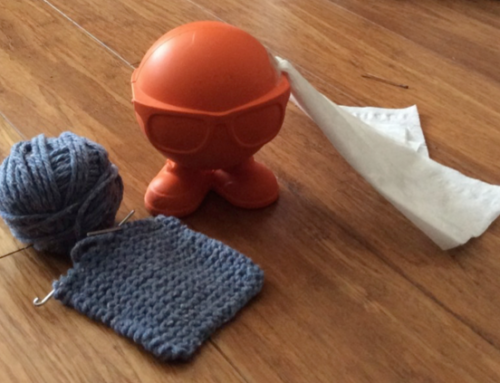
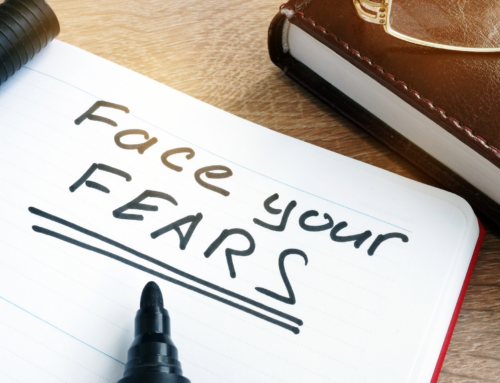
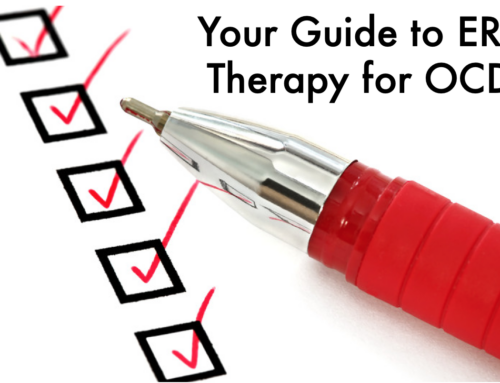
Leave A Comment